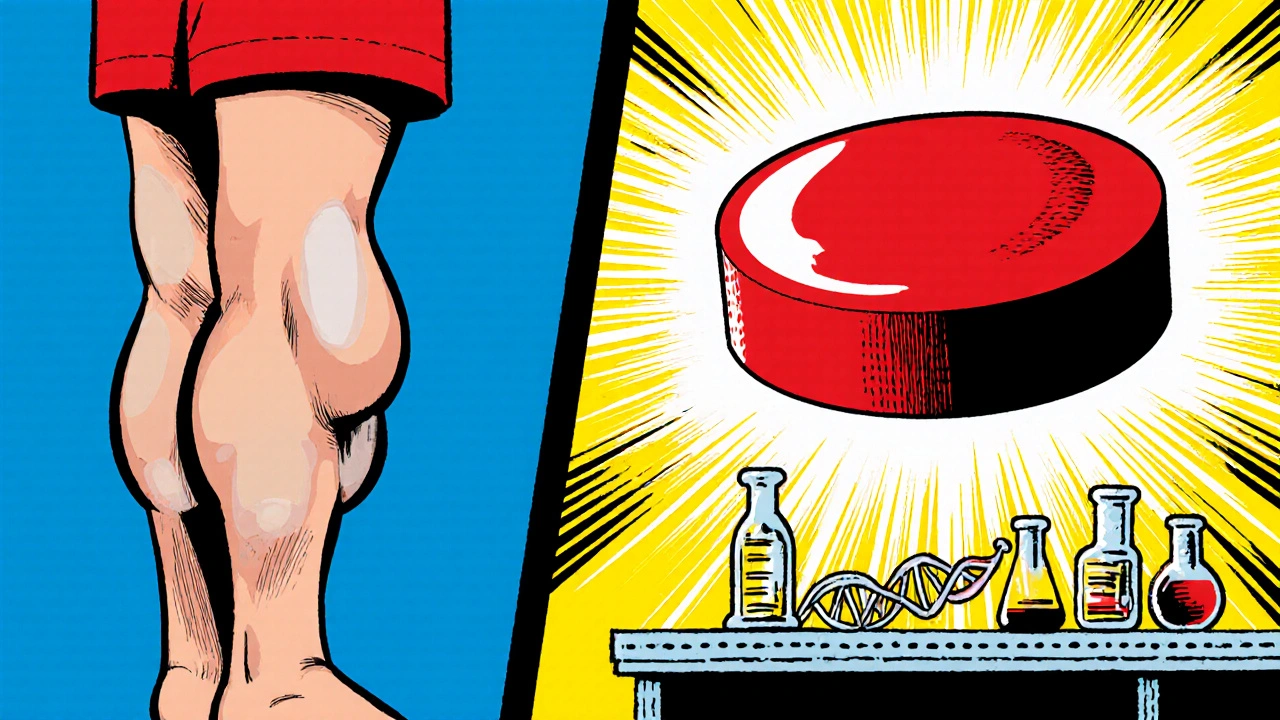Diuretic: What It Is, How It Works, and What You Need to Know
When your body holds onto too much fluid, it can make you feel bloated, swollen, or even short of breath. That’s where a diuretic, a type of medication that helps your kidneys remove extra salt and water from your body. Also known as water pills, it is one of the most common treatments for high blood pressure, heart failure, and kidney problems. Diuretics don’t just make you pee more—they help balance the fluid levels in your body so your heart and kidneys don’t have to work so hard.
Not all diuretics are the same. Some, like hydrochlorothiazide, are mild and used for long-term blood pressure control. Others, like furosemide, act fast and are used when you’re retaining a lot of fluid—like after heart surgery or during a flare-up of kidney disease. Then there’s spironolactone, which works differently by blocking hormones that cause fluid retention. These aren’t just random pills; they’re chosen based on your condition, your kidneys, and even what other meds you’re taking. For example, if you’re on blood pressure drugs like ramipril, your doctor has to watch how diuretics interact with them. Or if you’re taking something like digoxin, a diuretic can change how much of it stays in your system, which can be dangerous.
Diuretics are also tied to other health issues you might not expect. People with diabetes need to be careful—some diuretics can raise blood sugar. Athletes sometimes misuse them to lose weight fast, but that can mess with electrolytes and lead to muscle cramps or heart rhythm problems. Even something as simple as drinking too much coffee while on a diuretic can make you dehydrated faster than you think. And if you’re on multiple meds—like antibiotics, NSAIDs, or even supplements—your body’s fluid balance can get thrown off in ways you don’t notice until it’s too late.
What you’ll find in the posts below isn’t just a list of diuretics. It’s a real-world look at how they connect to other drugs, how they affect your body long-term, and what happens when they’re mixed with things like caffeine, calcium, or heart medications. You’ll see how people manage side effects, why timing matters when you take them with other pills, and how some meds can make fluid retention worse instead of better. Whether you’re taking a diuretic now, thinking about it, or just trying to understand why your doctor recommended it, this collection gives you the facts without the fluff.

Indapamide for Edema: How It Reduces Swelling
- Oct, 16 2025
- 13
Learn how indapamide, a thiazide‑like diuretic, helps reduce edema by removing excess fluid and lowering blood pressure, with dosage tips and side‑effect guidance.
Categories
- Health and Medicine (62)
- Health and Wellness (57)
- Medicine (37)
- Women's Health (11)
- Mental Health (9)
- Men's Health (7)
- Beauty and Wellness (4)
- Health Information (4)
Archives
- February 2026 (8)
- January 2026 (25)
- December 2025 (28)
- November 2025 (25)
- October 2025 (27)
- September 2025 (14)
- August 2025 (3)
- July 2025 (2)
- June 2025 (2)
- May 2025 (3)
- April 2025 (4)
- March 2025 (4)
- online pharmacy
- medication safety
- dietary supplement
- health benefits
- dietary supplements
- generic drugs
- prevention
- fertility
- online pharmacy Australia
- side effects
- QT prolongation
- medication side effects
- diabetes medications
- GLP-1 agonists
- nocebo effect
- brand vs generic
- treatment
- treatment options
- benefits
- connection
